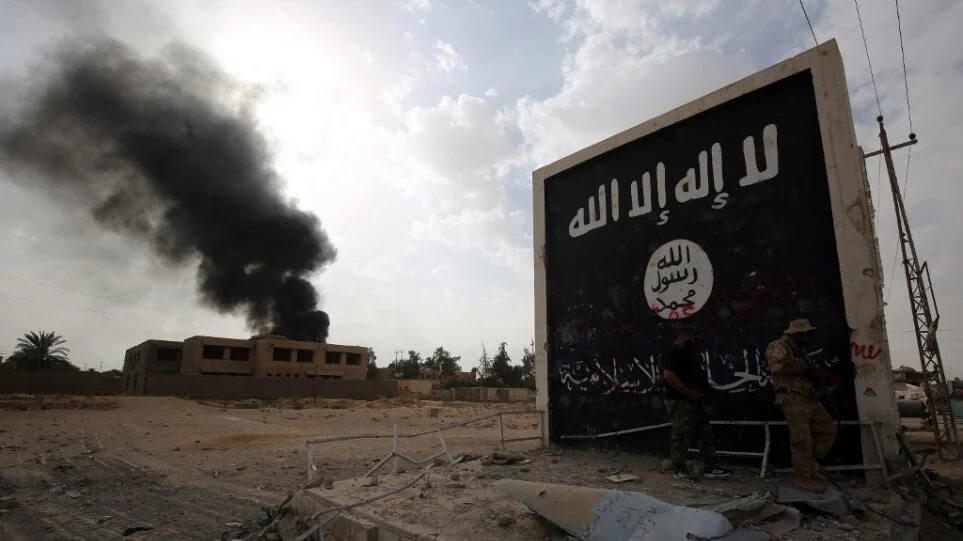There were at least two explosions
The Islamic State (IS) jihadist group has claimed responsibility for a rocket attack in the Afghan capital, Kabul, on Tuesday that injured at least six people.
Three rockets hit the city center yesterday morning as President Ashraf Ghani and top government officials attended a prayer service to celebrate the sacrifice , the interior ministry said.
One of the rockets hit a government building in the “green zone”, a few meters from the presidential palace, said the spokesman of the ministry, Mirwais Stanikzai.
Shortly after the attack at the Emergency Hospital, run by foreign charities, six people were injured.
- VIDEO SHOCK – A car drags and injures 4 police officers!
- Forty-two Palestinians killed in Israeli bombing of Gaza
- Israel Storm Storm in the Gaza Strip
The IK said in a statement that it fired seven rockets at the Afghan presidency.
Yesterday around 08:00 (local time; 06:30 Greek time) at least two explosions were heard in the “green zone”, the strictly guarded area of the Afghan capital where the presidential palace, foreign embassies and the UN mission are located.
Ashraf Ghani blamed the Taliban for the attack. Speaking after the prayer for the Feast of Sacrifice, he stressed that Islamist insurgents would not prevail in the country by force but only if they won the hearts of the people. He accused the Taliban leadership of having neither the will nor the intention to contribute to the political resolution of the crisis.
Islamic State has recently lost ground, fighters and leaders in Afghanistan. In addition to government forces, the jihadist group is also fighting the Taliban.
However, according to a recent UN report, the IK remains in a position to carry out attacks on Afghan territory. The jihadist organization has claimed responsibility for several recent actions.
For their part, the Taliban have launched a large-scale offensive against government forces since early May, following the withdrawal of the remaining US and NATO troops from the country, which will be completed by the end of August. Afghan forces, now deprived of American support, especially from the air, are unable to put up effective resistance to the Taliban, occupying an increasing number of regions, provincial capitals and roads of strategic importance. The guerrillas are now believed to control more than 50% of the country’s approximately 400 districts.



